LPA’s Tips and Tools for Youth Advocates
supporting the next generation of change-makers as you move forward on The Advocate’s Journey.
What if I Don’t Have a Story?
That’s a question that often pops up at the start of any advocate’s journey.
If there’s a voice in your head asking this, you’re not alone. It’s an inner voice that often pops up when people think about sharing something personal publicly. Here are other things the voice sometimes says: “I might have stories, but they’re not very interesting,” or, “People want to hear big, dramatic stories about heroes. That’s not me,” or “I’m too young to be taken seriously.”
Here’s why we need to shut down that voice before heading out on The Advocate’s Journey: it’s getting stories mixed up with life experiences. That voice is telling you that certain life experiences make better advocacy stories than other life experiences—those that are the most dramatic, most emotional, most ___________ (fill in the blank).
“A “good” advocacy story is one that supports your advocacy message—pure and simple.”
The truth is: everyone’s life experience is valuable when it comes to advocating for what you believe in.
Sure, one person’s life experience may be more sensational than another’s, but that doesn’t mean it’s better. The power of the stories from your life experience may not come from their drama, but rather from how they connect to what you’re advocating for. As you’ll see when we move further along The Advocate’s Journey, a “good” advocacy story is one that supports your advocacy message—pure and simple.
Advocating for positive change takes personal stories of all kinds. It needs big stories—incredible stories of overcoming adversity, fighting injustice or getting over hurdles life throws in your way. But advocacy also needs “small” stories: a single moment calling out something you saw, a comment you overheard or a lesson you learned.
Advocacy needs stories that are shared at public rallies and across kitchen tables, in the national media and in the classroom.



